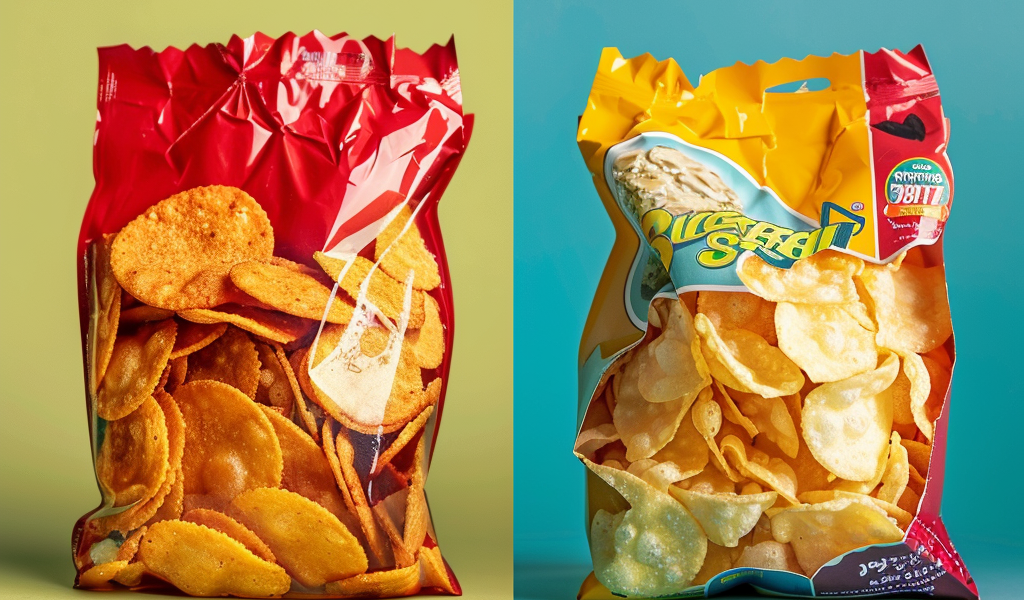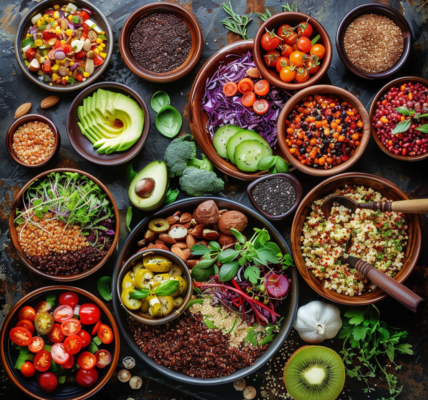UK’s Efforts to Combat Obesity Hit Roadblock as Firms Increase Calorie Content in Food Products
The government’s efforts to combat the nation’s obesity crisis have hit a roadblock as a recent official report reveals that firms have been increasing the calorie content in food products, defying the authorities’ calls for reduction. The strategy to encourage restaurants, supermarkets, and manufacturers to cut calories from their products in a bid to tackle obesity has seen little progress, according to a review by the Office for Health Improvement and Disparities within the Department of Health and Social Care.
The report highlights that there has been an increase in the calorie content of various product types, contributing to weight gain and placing a greater burden on the NHS. The analysis suggests that men are consuming between 168 and 304 more calories than needed each day, while women are consuming an excess of between 89 and 171 calories.
Shoppers have been consuming 25.3% more calories from crisps and savory snacks in 2021 compared to 2017, and there has been a 21.6% increase in calories from garlic or cheesy bread. In the restaurant, cafe, and takeaway sector, there have been increases in the number of calories per serving in four out of five categories, with only pizzas showing a reduction of around 4% in calories per serving. Although there was a slight decrease of six calories (0.9%) in the number of calories in a typical children’s meal bundle, the overall trend indicates an escalation in calorie consumption.
The report also sheds light on the calorie consumption patterns of young individuals, revealing that boys aged 11 to 15 consume approximately 117 extra calories a day, while girls aged 16 to 19 consume around 66 additional calories daily.
The government has expressed its clear expectations of the food industry and has warned of exploring other measures if progress is not made. The findings underscore the challenges in implementing effective measures to reduce calorie intake and address the obesity crisis, signaling the need for more robust strategies and collaboration between the government and food industry stakeholders.





